7 Signs Your Cat Is Anxious

How Can You Tell If Your Cat Is Anxious?
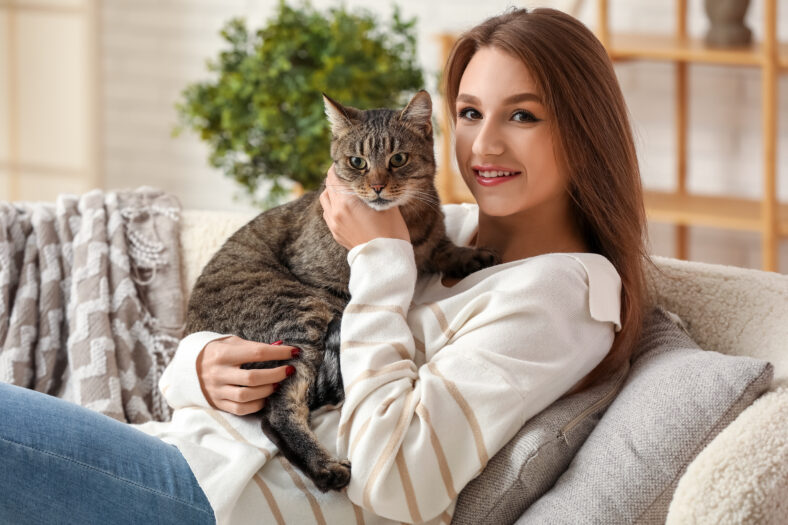
Cats always appear to be cool, calm, and completely unbothered, but sometimes, a twitchy tail or a sudden dash to a secluded spot can mean that your kitty is stressed out and anxious. Yes, cats can experience anxiety, too, and it can greatly affect their health and behavior.
Here Are 7 Signs Your Favorite Feline Is Feeling The Anxiety

Once you know the signs, you can help your pet feel better. Here are seven signs that your cat may be dealing with anxiety. Let’s ensure that your little ball of fluff leads a happy, carefree life!
1. Excessive Meowing
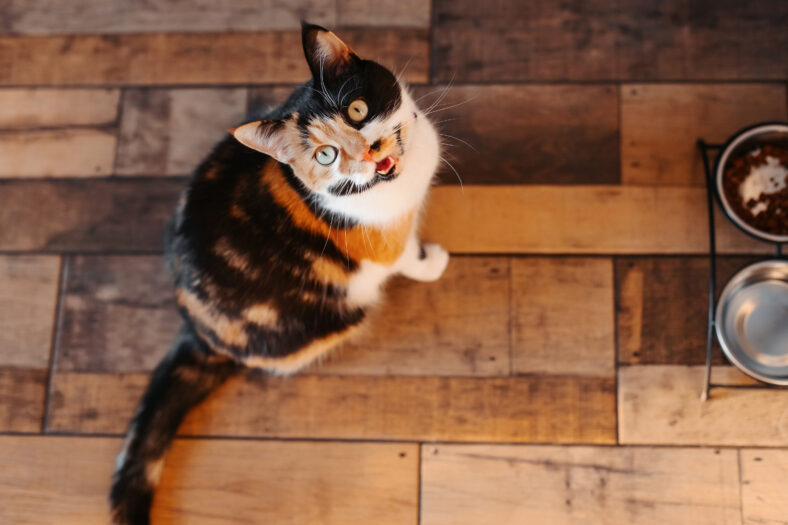
Cats meow to communicate with their human owners, not other cats. But if you’ve noticed your feline friend meowing a lot more, it could be an indicator that they’re experiencing anxiety.
Increased vocalizations, like meowing, hissing, or growling, could be your cat letting you know that they’re in discomfort or distress.
2. Hiding More Than Usual
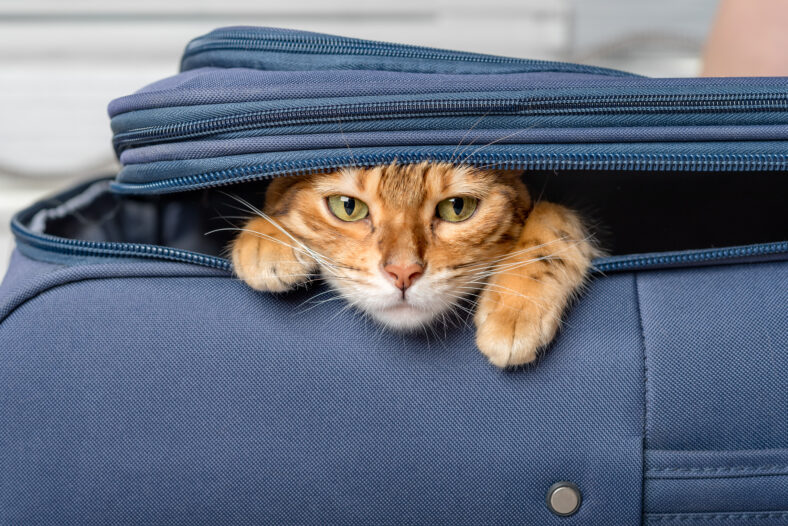
Since they are ambush predators, cats love a good hiding spot. However, if your cat seems to be spending more time out of sight rather than interacting with you, there may be something in their environment that is causing them anxiety.
When cats are stressed or scared, they will dive under the bed or anywhere else they deem safe.
3. Aggression
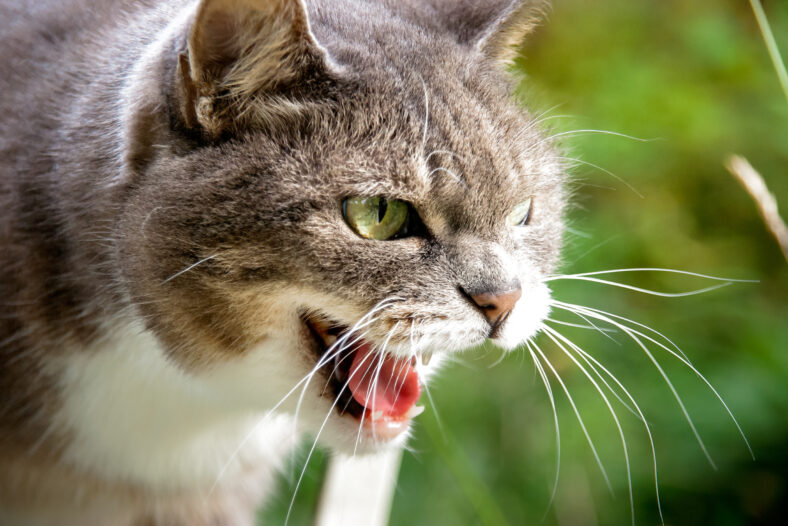
Anxiety can also make a cat act more aggressively toward you and other animals in the household. If your cat is normally friendly and starts exhibiting uncharacteristic scratching, biting, or hissing behaviors, this could be related to anxiety.
It’s important to address these behaviors properly before they become more serious issues.
4. Overgrooming
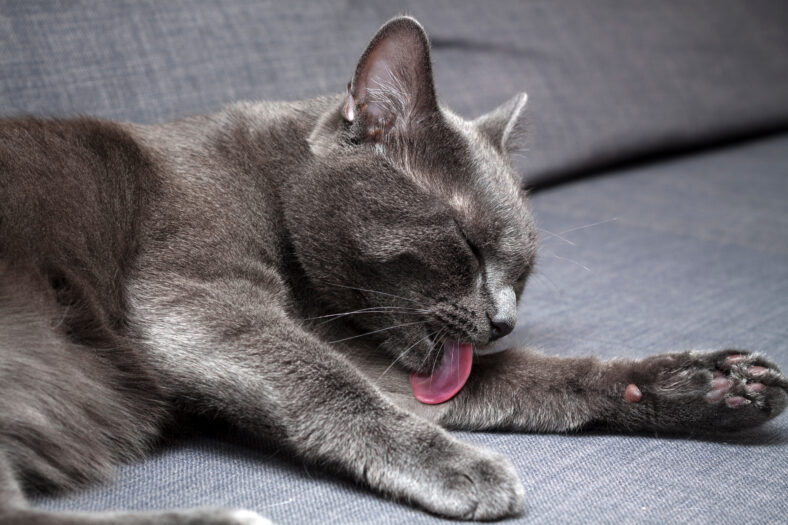
Cats are known for grooming themselves, but overgrooming can lead to bald spots. Grooming is a way for cats to soothe themselves, so if they are losing patches of fur, it’s often a sign that something deeper is going on emotionally.
5. Clinginess
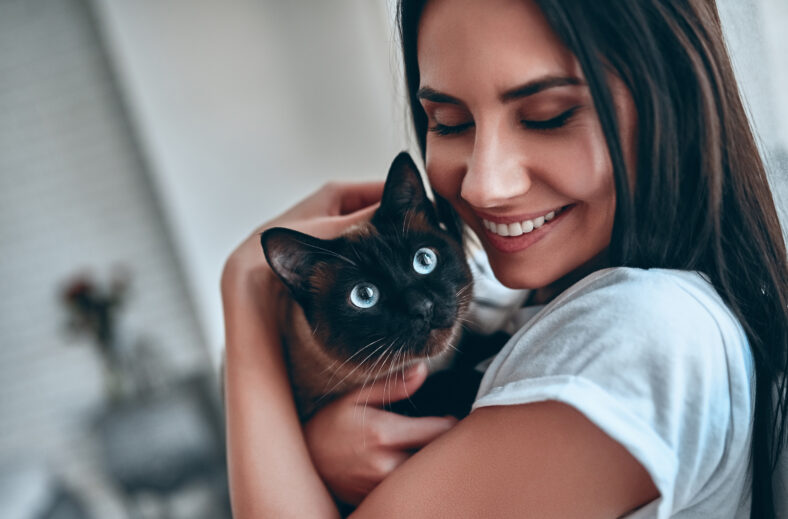
Some cats might respond to anxiety by becoming suddenly and overly clingy, following you everywhere and refusing to let you out of their sight.
When cats are anxious, they can get more attached to their owners and try to seek out reassurance. It may seem adorable and endearing to us, but it could be a sign that your cat is struggling.
6. Changes In Sleeping Habits
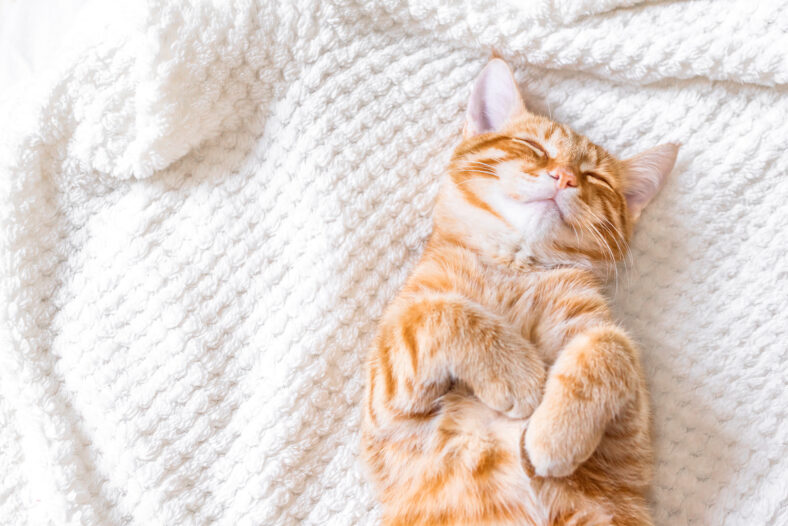
Cats can sleep 16 to 17 hours a day on average, so if your cat is restless and pacing back and forth, it may be due to anxiety.
Like humans, cats pace and experience changes in sleeping habits when anxious. Paying attention to these kinds of changes can help determine if something is bothering your cat.
7. Litter Box Issues
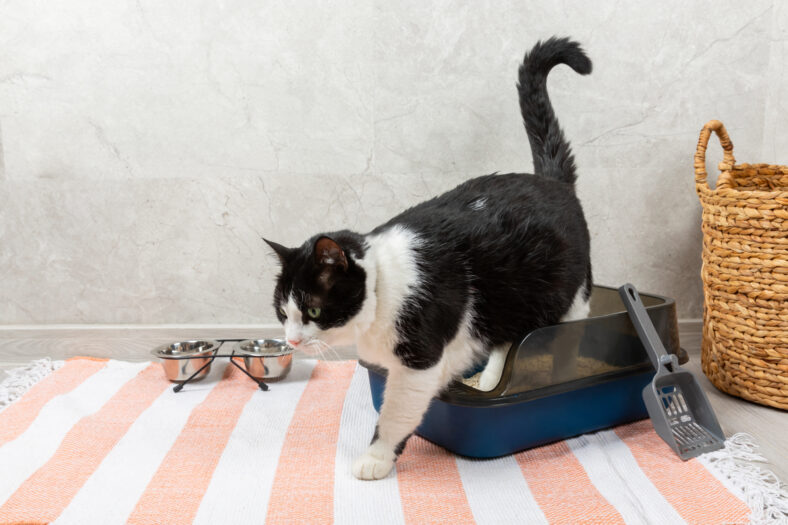
Lastly, an indicator of cat anxiety is a sudden change in litter box usage. Your cat might avoid the litter box, have accidents around the house, or use the litter box more frequently. The litter box environment may be causing some stress and discomfort.
More About:Animals





